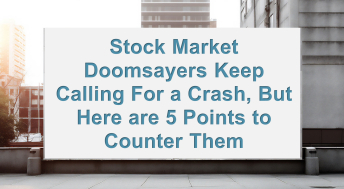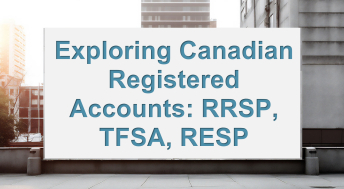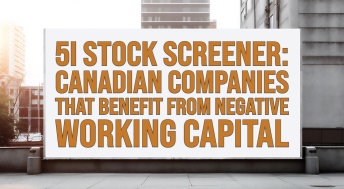-If the Company is Confident, Maybe You Should Try Being a Little Less Bearish-
Despite a strong market generally, we are having a hard time finding bullish investors, other than us. Yet until this past Tuesday, investors really hadn’t seen a bad market day since May. Everyone, it seems, is waiting for a correction, or even a crash. We can’t get through an hour without a customer or friend asking us if they should go to cash.
It has been said that the market climbs a wall of worry, but this has to be the most hated bull market of all time. Bearish investors cite the usual slew of worries: government debt, tapering, inflation, higher interest rates, China, valuations, supply chain issues, excessive exuberance in IPOs, higher oil prices and so on. Of course, none of these concerns are unique to this economic cycle, except perhaps the supply chain got a little out of whack with COVID-19 and really hasn’t recovered. But, we think some investors — especially the contrarian ones — can relax a bit. Sure, the market could suddenly decline five to 10 per cent, or more. But we could say that on any given day of any given year. Market dips come with the territory. We are not really worried, though, and here are five reasons why.
Corrections don’t happen when they are expected : As noted above, when most investors are wary, stock prices usually reflect this worry well. We just Googled “market crash” and got 638 million hits. Wow. There are lots of worries, but the buyers keep buying. Surely, they are not buying to lose money. Serious market corrections tend to come when everyone is overconfident. That is absolutely not the case today.
How worried are investors? Well, at last count, there was US$5 trillion just sitting around earning nothing in money market funds. The United States Federal Reserve in July reported that money on deposit with commercial banks totalled US$17 trillion. That’s a lot of cash waiting to buy the dip, which probably implies the dip won’t be so bad when it comes.
We just had a recession : It is extremely rare (i.e., it never happens) to have two recessions in less than 18 months. Sure, the recession of 2020 was not a normal recession, since it was brought on by the dreaded COVID-19. But we think the lack of normalcy is more than offset by the giant hit the economy took in record time. The recession was a doozy: massive unemployment, a 35 per cent decline in the stock market, massive hits to GDP of every country in the world.
Today, companies are flush with cash, there are 11 million jobs available in the U.S. and business conditions are very good. These are not the conditions for a recession. And, so what if they were? The average recession is barely a year long. If you can’t handle a one-year problem, perhaps it is time to rethink your market exposure altogether.
Gold is doing nothing and the VIX is still fairly muted: We like to watch the volatility index, but the VIX would be much higher if investors were truly worried. Sure, it ticked up this week, but it’s nowhere near the levels of past market turmoil. Despite their concerns, investors don’t seem to be bothering buying insurance (via the VIX).
Same with gold. Gold is viewed as a safe haven, and, again, gold would be seeing better bids if investors were really concerned. But gold has been an absolute dog for some time, which implies these worried investors are not worried enough to start hoarding the yellow metal.
Higher rates see bonds sold and stocks bought: Are you one of those investors who sold your stocks this week because U.S. Treasury yields ticked up? If you are worried about higher rates and inflation, what are you going to buy now? Bonds? Good luck with that. The reason rates are higher is because bond prices are lower. Investors might be worried about the stock market, but they could end up losing just as much in the bond market.
Pension plans, of course, know this and they are likely going to be shifting allocations to equities soon, if they haven’t already. Multiply this by every pension plan and long-term manager in the world, and there is more potential support for equities even if rates rise further.
Companies don’t seem too worried: Investors like to get greedy and then panic. That’s why we prefer to analyze companies instead, and we have seen some pretty good moves suggesting they’re confident. Dividend increases are very common, and we have even seen some recent dividend initiations. Takeovers continue at very good premiums. Companies are still willing to make deals. Share buybacks continue to be announced at robust rates. Company executives are buying their own stock.
What do the executives see that investors don’t? It’s probably growth: earnings estimates by analysts just keep ticking up as companies report robust growth and solid outlooks. Investors, on the other hand, seem to be ignoring this metric and are only focusing on the external negative factors. This prompts us to remind investors that you are investing in companies when you are buying stocks. You are not investing in China, or jobs or whatever. If the company is confident, maybe you should try being a little less bearish.
Take Care,







Comments
Login to post a comment.